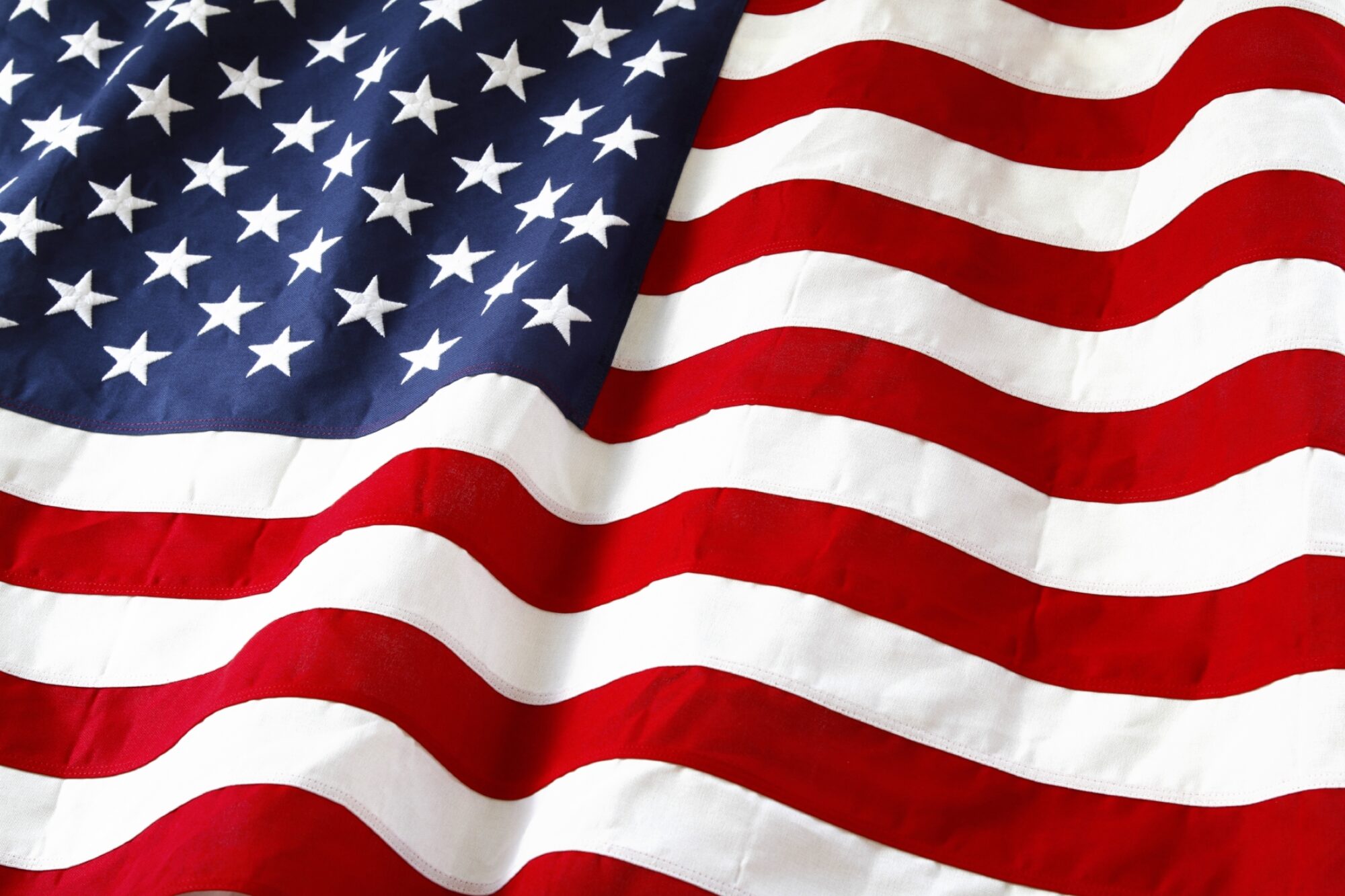
No, we have not invented a new word. FEARDOM is “the state of having freedom but being afraid of expressing it.” (urbandictionary.com.)
What does it take to obtain and maintain FREEDOM?
As we approach the final days leading up to the most important election in our lives, and maybe in the life of our Nation. We are being inundated with manipulated polls, where crosstabs are either hidden or intentionally weighted for maximum propaganda. There is an effort to create despair, hopelessness and even resignation among the conservative opposition. It has been a long slog over the course of many years. The Marxists, socialists and Communists have been eating away at our resilience and have slowly and methodically sluffed-off vital pieces of our FREEDOM and LIBERTY. Restrictions, mandates, regulations, shortages, increasing debt and inflation, foreign illegal alien invasions, increasing dangers of racial and ethnic divisions, biased legal prosecutions, increasing social violence, and the manipulation and control of social and national media have tried to bring many conservatives into submission. They have tried to overcome our FREEDOM with FEARDOM.
We may not be technically in a kinetic war overseas, or even seemingly within our Nation, but have no doubt, we are in a war in this Nation with those in control of the power levers within our Nation. Bullets are not yet being fired at us, but one did wound the conservative opposition party leader three weeks ago. Those bullets did severely injure two other conservative supporters, and they did destroy one family life and take the life of its heroic household head. Those in current power within our Nation have used every trick in their playbook to bring about the defeat of conservatives, democracy, and the very heart of morality and justice espoused within our Constitution and Bill of Rights.
Sometimes we are called upon to fight on, even when we think our small part of the war, or maybe our effectiveness, has come to an end. We must admit that at times all we want to do is throw up our arms and say “I quit! I can’t do this anymore. My ability to help is all spent.” Do we have it worse than any of those who fought and gave up so much to establish our Nation’s FREEDOM and LIBERTY nearly 250 years ago? Maybe we need a small refresher course in how difficult it was for many of those of our original patriots who help to establish our Nation. Many gave some. Some gave all. In Patrick K. O’Donnell’s book, “The INDISPENSABLES”, his research of facts, along with those patriot’s personal notes and letters, have revealed the extent of their sacrifice and dedication. (Excerpts taken from pages 4, 5, 349, 339-340, 342, and 350.) We hope these excerpts from his book will add some clarity to our desires to flee or to our desires to fight.
First, let’s set the stage for what we will learn later on in this blog. “Nestled between a peninsula known as the Great Neck and a stretch of rockbound coast sixteen miles northeast of Boston lies one of New England’s finest ports – Marblehead, Massachusetts. At the time, the crowded, bustling town ranked second only to Boston on the list of the most heavily populated and prosperous towns in New England. The pungent odor of fish wafted among the more than five thousand souls crammed into hundreds of clapboard houses, many of them ramshackle, set in grimy, meandering streets.” “In Marblehead, fortunes were made and lost on the sea. By the 1770s, Marblehead’s economy relied on fish, especially New England’s most profitable commodity: cod.” “The prominent merchant families of the town . . . amassed their wealth by risking the perils of the icy waters of the North Atlantic. Marblehead fishermen sailed in schooners typically thirty to sixty feet in length, from thirty to seventy tons each, with crews of seven to eight and captains skilled in the art of navigation and leadership. They fished some of the most treacherous waters in the world – the Grand Banks. An area off Newfoundland larger than the state of Maine, a two-thousand-mile round trip from the mainland, the Grand Banks were singularly brutal. Men fought against the sea to wrest their living from it with little more than determination and their bare hands.” “Life at sea was grueling: from 1768 to 1769, more than 120 Marblehead sailors lost their lives to the sea. Twenty-three ships sank in the raging storms of the Atlantic. Such conditions produced hardened men who could surmount almost any adversity.” These were the same men that allowed General George Washington to cross the Delaware River on Christmas eve in 1776 on their way to defeat the Hessians in Trenton, most likely the single most important victory that propelled our fledgling colonies to eventual victory over the British Crown. Speaking of these Marblehead patriots, “They warred in a divided country. They not only fought one of the toughest adversaries in the world – the mighty armed forces of Great Britain – but also some of the most tenacious, the Loyalist Americans who were their neighbors. The greatest foes Americans have ever fought, throughout time, have been their fellow Americans. Had the British stoked this internal division more – through race and the divisiveness of the institution of slavery – and formed more Loyalist American units earlier in the war, and given them equal footing with their British counterparts, the Revolution might have collapsed from its internal division. The British would have divided and conquered. And while years of grueling work lay ahead on race, the diverse men of the Marblehead Regiment broke new ground with a more egalitarian view of race in society that was centuries ahead off their time.”
So, how did these Marbleheaders fair at the conclusion of the war? “The members of the Marblehead Regiment often fought for no monetary gain and became broken men – physically, economically, and mentally. Some paid the ultimate price, surrendering their very lives. They served honorably, against tremendous hardship, and did not desert their brothers in arms. The price to Marblehead was enormous in blood and treasure. By the end of the war, the town had 378 widows, 35 percent of the female population in the town, and 652 children would never see their fathers again.” “Their generation – America’s greatest – fought for a higher purpose and sparked a Revolution with groundbreaking ideals and principles, creating a constitution that changed the world.”
Back then, as it is today, many wanted to give up, but some persisted on, even at great personal cost. “John Glover, physically drained, infirm, nearly ruined financially, and with his wife sick, decided to part ways with the army. He considered the absence permanent, but in February 1777, Congress promoted him to brigadier general. Glover initially declined the commission, writing to George Washington on April 1, 1777, ‘I Cannot think myself in any Degree Capable of doing the duty, necessary to be done, by an officer of that Rank’.” “Washington responded first by conveying understanding of Glover’s situation and then praising the Marbleheader: ‘After the conversations, I had with you, before you left the army, last Winter, I was not a little surprised at the contents of yours of the first instant . . . . I know of no man better qualified than you to conduct a Brigade. You have activity and industry and as you very well know the duty of a colonel, you know how to exact that duty from others.’ A master motivator, Washington then laid on the guilt: ‘I have with great concern observed the almost universal listlessness, that prevails throughout the continent; and I believe, that nothing has contributed to it more, than the resignation of officers, who stepped early forward and led the people into the great cause, in which we are too deeply embarked to look back, or to hope for any other terms, than those we can gain by the sword. Can any resistance be expected from the people when deserted by their leaders? Our enemies count upon the resignation of every officer of rank at this time, as a distrust of, and desertion from the cause, and rejoice accordingly. When you consider these matters I hope you will think no more of private inconveniences, but that you will, with all expedition, come forward, and take that command which has been assigned you. As I fully depend upon seeing you, I shall not mention anything that has passed between us, upon this subject, to the Congress’.” “Glover relented and returned to the service.” During his continued service, he lost his son John Glover Jr. and his daughter-in-law. Having served and saved portions of the army and having played an important role in the war effort, “By the summer of 1782, Glover had had enough of the war. He wrote to Washington, ‘When I enter’d the service in 1775 I had as good a Constitution as any Man of my Age, but it’s now broken & shatter’d to pieces, good for nothing, & quite worn out; However [I] shall make the best of it.” “The expense of my little fortune, earned by hard labor and industry; to sacrifice . . . and total ruin of a family of young children.”
“The indomitable Henry Knox recalled that freezing Christmas night on the Delaware to the Massachusetts legislature: ‘I wish the members of this body knew the people of Marblehead as well as I do – I could wish that they had stood on the banks of the Delaware River in 1776 in that bitter night when the Commander in Chief had drawn up his little army to cross it, and had seen the powerful current bearing onward the floating masses of ice, which threatened destruction to whomever should venture upon its bosom. I wish that when this occurrence threatened to defeat the enterprise, they could have heard that distinguished warrior demand, ‘Who will lead us on?’ and seen the men of Marblehead, and Marblehead alone, stand forward to lead the army along the perilous path to unfading glories and honors in the achievements of Trenton. There, Sir, went the fishermen of Marblehead, alike at home upon land or water, alike ardent, patriotic, and unflinching, whenever they unfurled the flag of the country’.”
Are you in the grasp of FEARDOM, and afraid to speak and act in FREEDOM? So now we ask once again, “What are you willing to do for your family, for our Nation, to save and maintain FREEDOM and LIBERTY?” Have you given as much as have our Founding Fathers? Are you willing to sacrifice much to save all?
